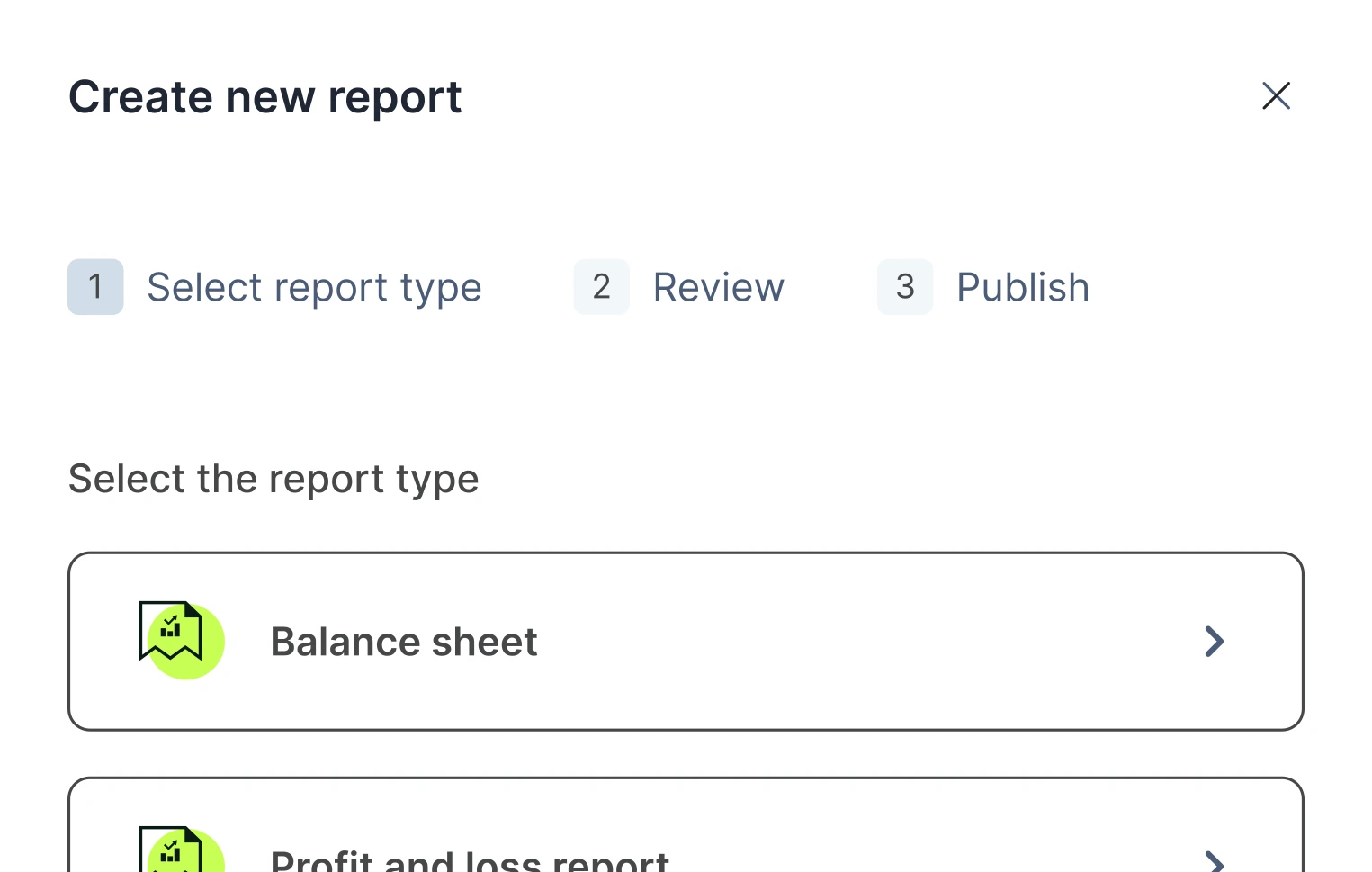
Trusted by 1,000+ business owners across the globe




Businesses using Binery are 16% more profitable
Learn More About Our Services
Schedule A Free Call
Binery provides expert financial management solutions to meet your needs.
- Business Incorporation
- Bookkeeping
- Accounting
- Payroll
- Auditing
- Corporate Tax & Filing
- And Much More

One Platform For All Your Financial Need
Business Accounting Services
Transform your financial management with our comprehensive accounting solutions. We handle everything from daily transactions to complex financial statements, letting you focus on growing your business.
Bookkeeping Services
Maintain accurate, up-to-date financial records with our detail-oriented bookkeeping team. We ensure every transaction is properly recorded and categorized, giving you clear insights into your business’s financial health.
Tax Preparation
Tackle tax season confidently with our expert preparation services. We maximize your deductions while ensuring full compliance with current tax laws and regulations.
VAT Registration
Our accountants will help register your business for VAT with the FTA, provide guidance on VAT exceptions, and issue your Tax Registration Number (TRN) certificate.
Payroll Services
Ensure your employees are paid accurately and on time, every time. We handle tax withholdings, benefits calculations, and compliance requirements while providing detailed reporting for your records.
Auditing Services
Experience confidence with our thorough auditing processes that identify risks and opportunities. We provide detailed insights and recommendations to strengthen your financial controls and improve operational efficiency.
Budgeting and Forecasting
Make informed decisions with our data-driven budgeting and forecasting services. We help you plan for growth and navigate challenges by creating realistic financial projections and strategic budgets.
Business Incorporation
Receive your trade license, visa, and Emirates ID. With everything in place, your business setup is complete, and you’re ready to operate in Dubai.
Corporate Tax
Confidently tackle complex corporate tax structures and regulations. Our experts ensure optimal tax efficiency while maintaining full compliance with local and international tax requirements.
Bookkeeping. Payroll. Tax. Legal. We've got you covered.
-
Book a consultation with us
Book a consultation with us to get expert guidance tailored to your business needs. Share your requirements, and we’ll provide personalized solutions to help you achieve your goals. Let’s work together to make your business thrive!


-
Your Dedicated Team
Get a dedicated bookkeeper and expert CPAs. Our skilled tax advisors help you do your taxes, alongside a team of seasoned bookkeeping professionals keeping your books up to date. Lawyers ready to review your contracts whenever you need.
-
Accurate Books
Delivered on time. Get tailored insights on how your business is doing, including profit reports.
With real-time reports on P&L, Balance Sheets and cash flows you would be in control of your finances and your books.

Trusted by 1,057 business owners
What our happy clients say about us
“Trustworthy, meticulous, and always a step ahead, that’s how I’d describe binery’s services. My accounts have never been clearer. ”

Leslie Alexander
Therapist
“Outsourcing my bookkeeping to binery was the smartest business decision I made this year. Their precision and efficiency are unmatched!”

Jacob Jones
Grant Consulting
“I used to be swamped with receipts, invoices, and financial stress. Now, thanks to binery, I’m swamped with peace of mind and clarity.”

Jenny Wilson
CEO, BuiltX Partners


